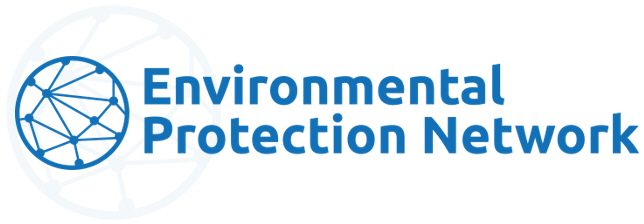Small nonprofit organizations often need assistance with bookkeeping and accounting services. The Justice40 Accelerator has put together a list of technical assistance providers who offer bookkeeping and accounting support at a discounted rate.
A bookkeeper’s duties include:
- Basic data entry. Bookkeepers record all of the expenses, donations, transactions, and other financial data in an organized software solution or spreadsheet.
- Recording one side of a transaction. For example, a bookkeeper will pay bills such as rent, utilities, water, and other necessary operational expenses.
- Writing checks and making deposits. Nonprofit bookkeepers handle general payments and deposits. Then, they record this data in the organization’s chart of accounts.
- Processing payroll. While there is some overlap between bookkeeping and HR departmentswhen it comes to payroll, most small to mid-sized organizations allow this responsibility to fall with the nonprofit bookkeeper.
- Allocating costs. Nonprofit bookkeepers must make the necessary allocations to keep expenses organized. For instance, bookkeepers may allocate costs by program, administrative, and fundraising.
An accountant is responsible for duties such as the following:
- Reviewing all accounts. Accountants will make sure everything looks correct in the nonprofit’s accounts to make sure the organization is on track for future goals.
- Balancing both sides of a transaction. Accountants handle the balancing of both the credit and debit sides of a double-entry bookkeeping system.
- Determining how a single transaction affects your accounts. Nonprofit accountants help analyze your statement of financial position to determine the financial health of your organization and the amount of risk you can take on.
- Understanding the “why” of your accounting situations. Not only does the accountant need to understand, but they also need to explain it to other staff members clearly. They’ll explain your finances to your executive director, who will from there explain everything to the board of directors.
- Preparing detailed reports. Accountants compile comprehensive reports about your organization’s finances, such as your statement of cash flows, statement of activities, statement of financial position, and statement of functional expense. They’ll then interpret the next best actions based on the information in these reports.
- Comparing actual vs. budgeted expenses/income. Nonprofit accountants help your nonprofit understand where your actual expenses/income differ from your annual budget.
- Comparing actual expenses and income year-to-year. Comparing your nonprofit’s current expenses and income to those from previous years can help create more accurate predictions for the future.
- Preparing your books for audit. Your nonprofit accountant can recommend an auditing firm to conduct a financial audit for your organization. Then, they’ll make sure all transactions are captured, bank accounts reconciled, reports created, and other audit preparation tasks completed.
- Filing your nonprofit’s Form 990. All nonprofits must file an annual Form 990 in order to report financial data back to the government and maintain their 501(C)(3) status. Your accountant fills out this important form and runs it by the board for approval before submitting it on time each year.
- Reconcile all bank accounts. Accountants match the cash balances on your balance sheet to the bank account records, resolving any discrepancies between the two reports.
- Review all bank accounts to ensure they meet GAAP compliance standards. Nonprofit accountants keep to internal controls, ensuring both financial security and GAAP compliance standards are met.
Access the Justice40 Accelerator List of Bookkeeping and Accounting TA Providers

